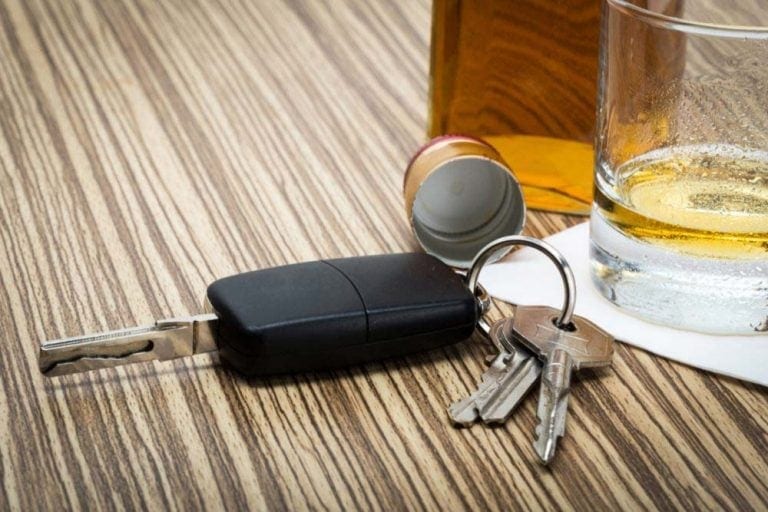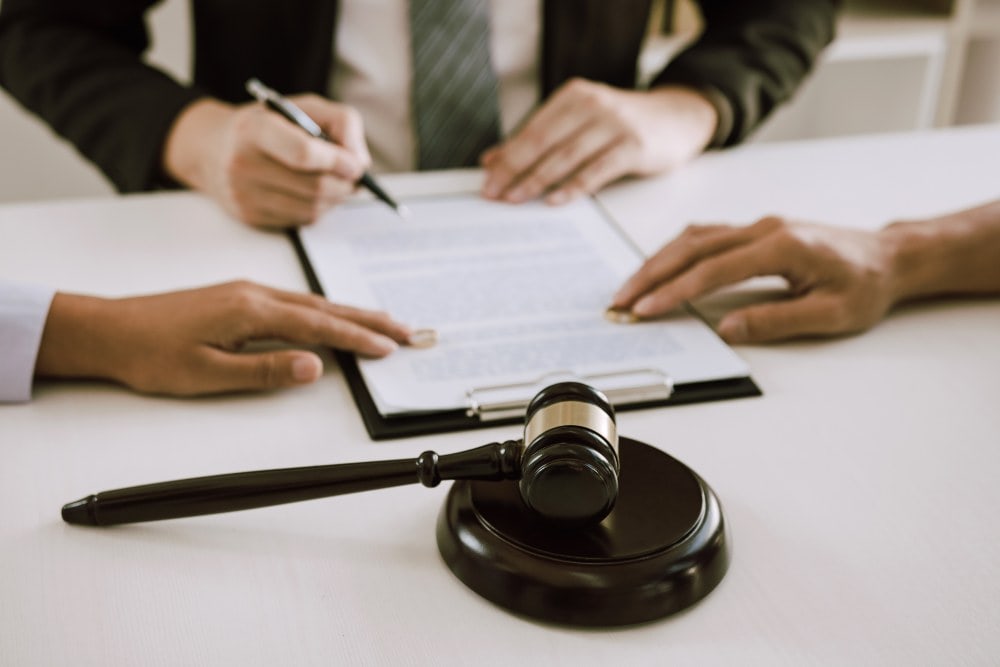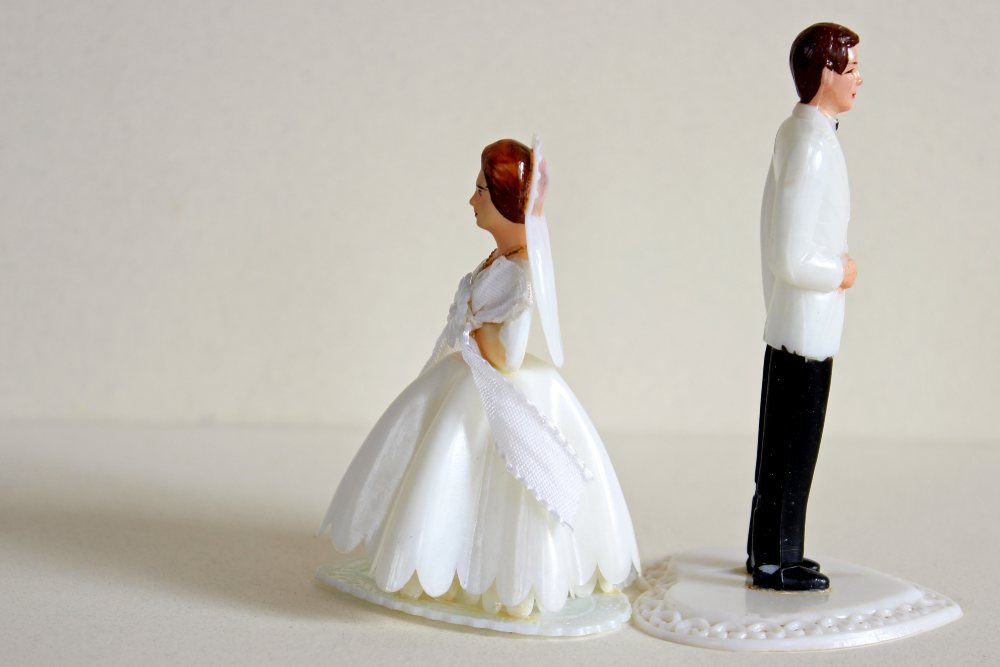New South Wales (NSW) is a significant region, being the most populous state in Australia. Like any region, the people living there may drink alcohol and become intoxicated, which can lead to drunk driving.
However, driving under the influence (DUI) is illegal, so what is the blood alcohol limit NSW allows? Make sure you look into the blood alcohol limits to ensure you avoid legal troubles.
What is the Blood Alcohol Limit NSW Allows?
The blood alcohol limit NSW sets vary based on the circumstances. Generally speaking, you have three alcohol limit levels in NSW: Under 0.0, 0.2, and 0.5. Each has its rules based on different circumstances.
Under BAC Of 0.0
The 0.0 alcohol limit applies to the following people:
- Provisional one and two drivers
- Riders of those provisional drivers
- Visiting drivers with similar restrictions
These provisional licenses mean you can drive independently but must follow certain restrictions. The learner’s provisional restrictions mean following those rules and not driving intoxicated people. This limit exists to protect the learner & provisional drivers.
The only exception applies if you drink a bit of alcohol for religious purposes and can prove it.
Under BAC Of 0.02
The under 0.02 restriction gives a set amount of alcohol to specific people based on certain circumstances or situations.
- Driving vehicles larger than 13.9 tonnes
- Vehicles carrying dangerous goods
- Drivers of public vehicles
The limit applies to people who must handle driving for their jobs or essential situations. The NSW government wants to protect people and products, so they put these restrictions on the workers to keep everyone safe.
Under BAC Of 0.05
Most other people have to be under a level of 0.05 to stay within the legal limit. However, consuming alcohol can easily cause someone to go over this limit, so they must remain careful and should avoid drinking whenever they plan on driving a vehicle.
Instead of specifying who falls under this category, it applies to everyone outside the 0.0 and 0.02 restrictions.
What Is A DUI?
Driving under the influence (DUI) is when a person drives with some form of impairment. The impairment usually applies to alcohol, but it can also apply to any form of getting high, such as using illegal substances. Over-the-counter and prescription medications can even impair your judgement while driving.
You could get a DUI if a police officer stops you and checks. They may have you perform tests to see if you have any impairments. They’ll use breath tests to check your blood alcohol concentration (BAC) level.
If it exceeds the NSW blood level limit, you’ll get arrested or have to pay a fine.
What is the Sentence for a DUI in NSW?
If you get pulled over and go over the limit, you’ll receive different sentences based on your level of drunk driving. The levels vary based on how drunk you get, so they have varying penalties. However, all of the ranges cause an immediate license suspension.
Low-Range Drink Driving
A low-range offence occurs if you go above the blood alcohol limit NSW sets. That means you went above your set limit but less than 0.08. If you end up in this range, you can face the following consequences.
- $603 fine for a first offence
- Up to $2,200 court-imposed fine
- $3,330 for a second offence
- Three-to six-month disqualification
- Six or more for a second offence
You can face more consequences, just like with the other levels, though these are the main ones you’ll meet.
Mid-Range Drink Driving
A mid-range sentence means you passed the NSW blood alcohol limit and have a 0.08 to 0.15 blood alcohol level. You’ll also face these main consequences if you end up in this range.
- $2,200 court-imposed fine
- $3,000 for a second offence
- Nine months prison sentence
- 12 months for a second offence
- Six-month disqualification or higher
- 12 or higher for a second offence
The mid-range has higher fines and consequences, so always stay within the blood alcohol limit NSW sets.
High Range Drink Driving
The NSW blood alcohol limit also considers a high range level. If you exceed a BAC level of 0.15, you could face some of these consequences.
- $3,300 court-imposed fine
- $5,500 for a second offence
- 18-month prison sentence
- Two years for a second offence
- 12 months or more disqualification
- Two years or more for a second offence
Even though you can face more consequences, you’ll meet the highest consequences for exceeding this NSW blood alcohol limit.
What To Do If Charged With A DUI
While you should avoid a DUI when possible, you must prepare yourself if you ever get arrested. Ensure you don’t resist arrest since doing so can lead to more consequences.
Once you are arrested, you should contact a drink driving lawyer to help you with the process. Trying to tackle a sentence alone will pose many challenges and lead to problems. If you work with a lawyer, you can avoid or minimise the sentence.
Avoid Drinking While Driving
You’ll see what you can do once you contact a lawyer. However, you should avoid consuming alcohol before driving. Doing so will help you avoid driving with a BAC above the limit, so avoid drinking to not worry about alcohol concentration BAC limits.
Doing so will help you focus on road safety so you protect yourself on the road. Drinking alcohol will only impair your driving and lead to problems. If you can’t control yourself, look into an alcohol interlock system to prevent you from driving while drunk.
Final Remarks
Now that you know the NSW blood alcohol limit, you can avoid legal troubles on the road. You should never drive your vehicle home if you plan to drink, so you never risk exceeding the blood alcohol limit NSW sets.
Always get yourself a designated driver or call a ride home to avoid jail time. Drivers of vehicles must keep this in mind and remain below the alcohol limit as they drive. Ensure you seek legal help, such as the trusted team of our traffic lawyers, when needed.






